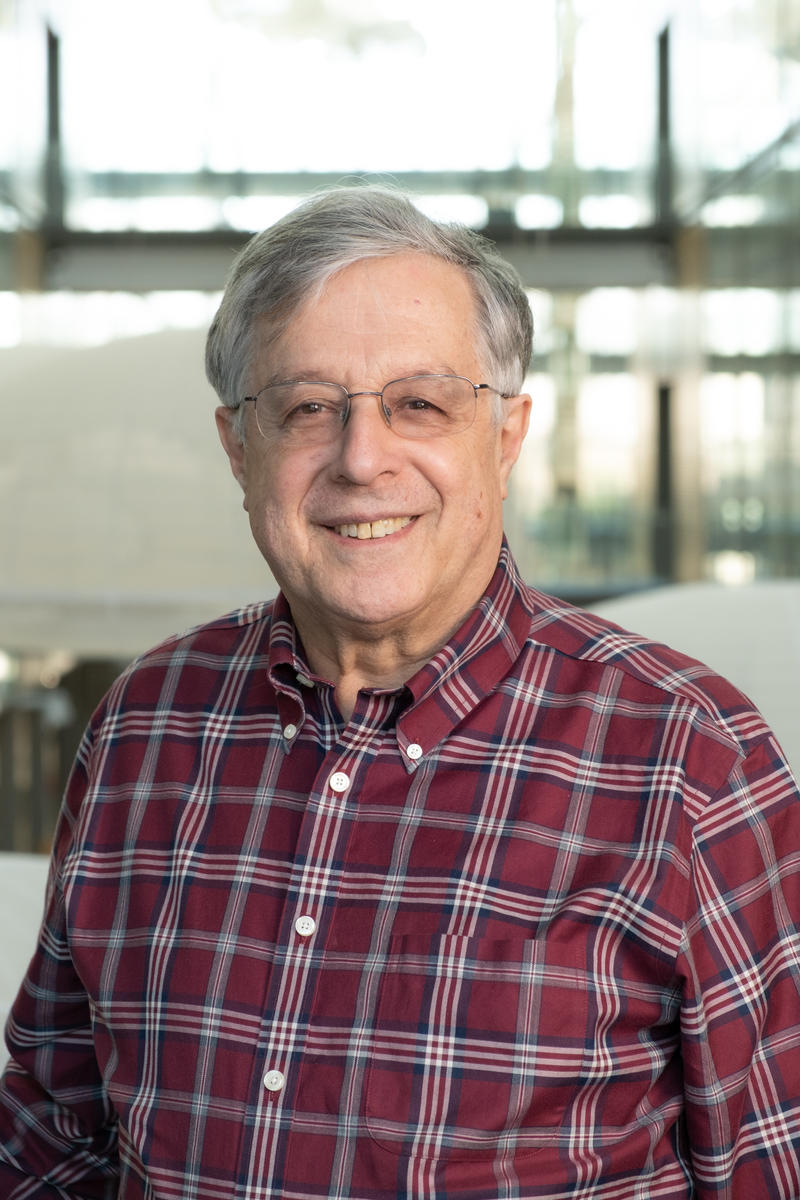Car, CSI Team Win 2020 Gordon Bell Prize
Roberto Car, the Ralph W. *31 Dornte Professor in Chemistry, is part of a team that has received the Association for Computing Machinery’s 2020 Gordon Bell Prize. The team is led by the Chemistry in Solution and at Interfaces (CSI) center based at Princeton University, of which Car is director, and by scientists at the University of California, Berkeley and Peking University.
CSI members Weinan E, a professor in Princeton’s Department of Mathematics, and Linfeng Zhang, a Princeton and CSI alumnus, are part of the nine-member team that won the award for its project, “Pushing the limit of molecular dynamics with ab initio accuracy to 100 million atoms with machine learning,” a machine learning method that achieves record molecular dynamics simulations.
The Gordon Bell Prize is awarded each year to recognize outstanding achievement in high-performance computing, and includes a $10,000 prize. The award was presented at the virtual 2020 International Conference for High Performance Computing, Networking, Storage and Analysis.

Photo by C. Todd Reichart
Car is a theoretical condensed matter physicist and physical chemist. He is known for the ab initio molecular dynamics method that he introduced with Michele Parrinello, and for electronic structure and simulation studies of disordered systems.
Winning team members also include Weile Jia, University of California, Berkeley; Han Wang, Institute of Applied Physics and Computational Mathematics (Beijing, China); Mohan Chen, Peking University; Denghui Lu, Peking University; and Lin Lin, University of California, Berkeley and Lawrence Berkeley National Laboratory.
In their paper the CSI team wrote, “The great accomplishment of this work is that it opens the door to simulating unprecedented size and time scales with ab initio accuracy. It also poses new challenges to the next-generation supercomputer for a better integration of machine learning and physical modeling,” according to the ACM website.
Researchers introduced Deep Potential Molecular Dynamics, a new machine learning-based protocol that can simulate a more than one nanosecond-long trajectory of over 100 million atoms per day. While other machine learning-based protocols have been introduced for molecular dynamics simulations in recent years, the authors contend that their protocol achieves the first efficient molecular dynamics simulation of 100 million atoms with ab initio accuracy.
“In the past few years, CSI has developed a scheme called deep potential that uses machine learning to learn from quantum mechanical calculations the interatomic potential, and uses artificial neural networks to represent it in a way that preserves the quantum mechanical accuracy at a computational cost that is almost the same as that of empirical potentials,” said Car.
The deep potential methodology arose from a collaboration between Car and Weinan E. But the main driver of the development, said Car, was Zhang, who earned his Ph.D. last spring under the advisement of Car and E and is now a research scientist at the Beijing Institute of Big Data Research. Zhang developed the methodology and used it to study a number of important problems in physical chemistry.
The Chemistry in Solution and at Interfaces Computational Chemical Science Center is supported by funding from the U.S. Department of Energy, Office of Science, Office of Basic Energy Sciences.
The full press release on the ACM 2020 Gordon Bell Prize can be found here.
